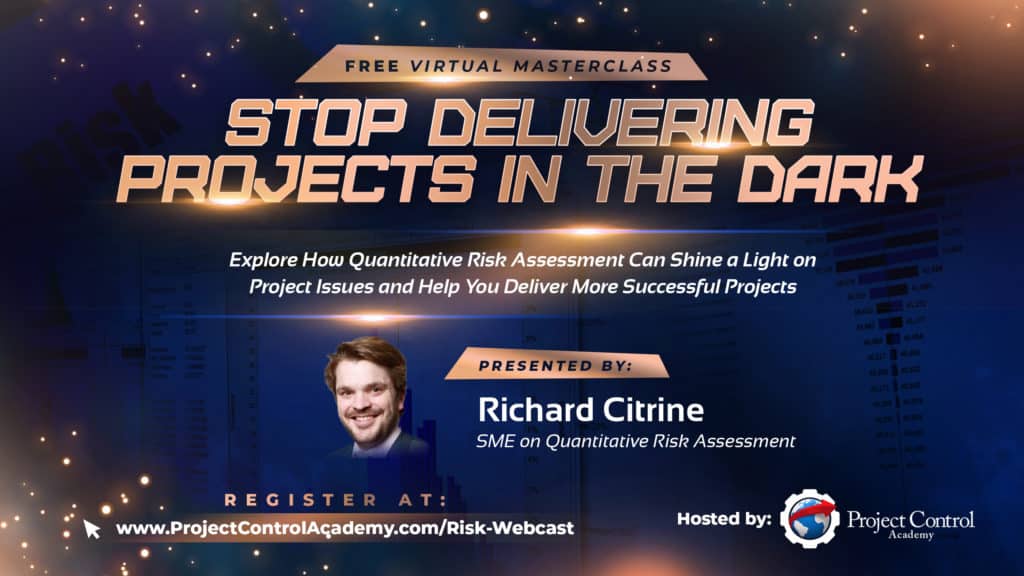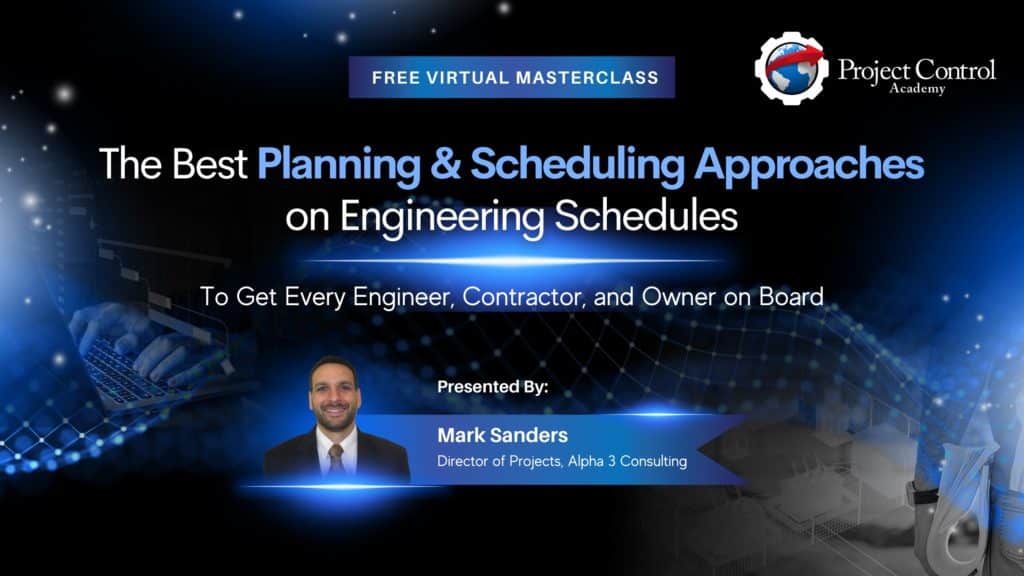Project Bidding?! What does it take to successfully bid and build the project?
Imagine that you work for a contractor and are responsible for evaluating and putting together the required documents to bid for a new project. You already know that your bid needs to be competitive in terms of price and better than the other bidders in several aspects for you to win this project.
But before all that, how would you decide if this project is the right fit for your organization? Do you have the capabilities, capacities, or even expertise to execute a project of this size? Does this project fit into your organization’s mission and goals?
There are so many aspects that you should consider even before making that vital decision to go ahead with the project bid as a contractor.
Now, let’s consider another situation. Maybe, you work for an owner, and your organization sees an opportunity to kick-start a sizeable commercial development project in partnership with the government. Undertaking such a project requires massive investments, and it is crucial that you do your necessary due diligence. Without considering the various risks associated with costs and other factors, this project could negatively impact your organization in more ways than one.
Especially now, contractor and owner organizations have increasingly been eager to take on new projects to recover from the impacts of covid. However, it’s imperative that organizations only undertake projects after careful consideration, planning, and risk assessment.
The Impact of COVID on Project Bidding
Presently, in the post-covid era, situations have drastically changed. Prices have escalated, there are supply chain disruptions, labour shortages everywhere, and way too many unknowns that could influence your project’s success.
Aside from cost escalations, you now have to consider how these disruptions will affect the schedule and the timelines needed to deliver a project. It doesn’t matter whether you work for the owner or the contractor or which part of the world you are from; this reality is the same across the globe.
In the post covid era, while cost estimating and managing cost risks will continue to be a challenge, scheduling and managing schedule risks pose even more significant challenges while bidding for a project.
There is no doubt that both schedule and costs are interrelated, and longer timelines mean more costs. However, the sudden supply chain disruptions, material shortages, and delays have significantly affected project procurement cycles now more than ever in projects.
These longer procurement cycles, labour shortages, and other unknown factors, including the possibility of an economic recession, must influence how we bid or venture into new projects.
So, how would you determine whether it’s a step in the right direction for your organization to bid or embark on a particular project?
What are some important considerations and steps you need to take before bidding for a new project?
We had Bill Canterbury, CEP, PSP, PRMP, CCM, a Cost Estimating SME, and the President of Canterbury Construction Management Services joining us for a LinkedIn Live session exploring this topic. Check this video for more details or continue reading.
During this LinkedIn Live session, Bill shared a lot of wisdom from his expertise and years of experience in the field. He explored five critical steps and considerations you must take while bidding for a project.
Project Bidding Tip#1: Does it fit your company mission and financial projections?
Whether you are part of a contractor or the owner, the first step would be to find out if this project you are considering bidding or commencing on even fits into the larger picture of your organization.
It is essential to understand the project’s purpose and see if it aligns with your organization’s mission. Also, make sure you assess financial projections and see if this project would fit into the overall financial plan of the organization.
There is this emerging trend among contractors to bid for projects that don’t fit their corporate profile to maximize revenues. Often, contractors might not have the required specialist or expertise to undertake the project. This is concerning since there are high chances of project failure when bidding for projects beyond your risk-taking capabilities.
The same goes for owner organizations where you might have spent years working towards finalizing a public work bid only to face challenges when the government pulls the plug on such projects due to changing priorities. In such instances, you not only lose out on a lot of cost and time invested in preparing these project bids, but you also have to deal further with costs and schedule escalations.
This makes it important for companies to evaluate risks and decide if project bidding makes sense. Make sure you identify whether this project you are planning on bidding on is worth undertaking at this time, considering the dynamic pricing and several unknown factors that could affect your schedule timelines and costs.
Project Bidding Tip#2: Do you have the capacity and resource availability to undertake this project?
Apart from evaluating financial projections in project bidding and whether this project fits into your organization’s mission, it’s also crucial to appraise your existing capacities and determine if you have the right resources in your organization to undertake the project.
Making sure you have capable people in your team that can drive the execution of the project is important. The ability of an organization to deliver a project successfully is evaluated based on the team and their capabilities and experience rather than just company reputation or past achievements.
With serious labour shortage issues plaguing most of the world, developing capacities or finding the right person for the team takes time, effort, and money.
Taking your current capabilities and resources into consideration is essential in ensuring you can successfully deliver the project.
Project Bidding Tip#3: What is the project delivery method to be used, and does it suit your project?
We are moving more into a collaborative or alternative delivery approach and adopting design-build, lumpsum, and construction management at risk (CMaR) as project delivery methods. However, it’s really important as an owner that you fit the suitable project delivery method early on in the project and not the other way around.
Adopting a specific delivery approach in one project doesn’t mean that it would be the best way to deliver another project. It’s not a one size fits all approach.
It’s necessary to identify and decide on the project delivery method or strategy that is best suited to each project.
One way to identify and decide is by contemplating which alternative delivery approach would work best in your project against the traditional design-bid-built approach.
The design-build and the construction manager at risk have advantages, especially regarding the schedule. Since the contractor is involved right from the early phases of the project, it enables them to better plan and schedule the project, including the project procurement cycle taking into account the specific challenges that we face today.
Also, adopting alternative delivery systems as an owner allows you to review and assess the team that the contractor has established early on in the project.
From a contractor perspective, you should ensure the project that you are bidding on follows a project delivery method that aligns with your existing capabilities, capacities, and experience.
Investing in planning and proactive risk assessments ensures the project is a success from the get-go. Risk assessments allow you and your team to collaborate on concerns in the project and find ways to mitigate or eliminate that risk and ensure your project from costly mistakes or issues later in the project.
Based on the project and the delivery approach adopted, contractors and owners must leverage capabilities and expertise to deliver the project the right way.
So, assessing the project delivery methods to be used is an important aspect to consider in project bidding.
Project Bidding Tip#4: What is the external environment for this project?
When you go into a project, it’s essential to understand the external environments that will influence the project’s success. Maybe the project you are bidding on is outside the normal boundaries where you usually work. Doing a background study of the environment in and near the surrounding locations near the project helps you gather important information needed to deliver your project successfully.
It is also just as crucial to finding out if there are experienced sub-contractors and material suppliers in the locality with the required capacities that can serve your project.
Imagine you are executing a construction project in a town with no major concrete suppliers with the needed capacities required for your job! That is a significant roadblock to execution that you will have to consider before bidding for the project.
Also, understanding the cost of materials and subcontractors in the locality will help you better estimate the cost and make sure you are not underbidding for the project.
Last but not least, another vital factor to consider that could make or break your project is the region’s political climate. Is the local government forward-looking and pro-growth? Is there a risk of another government coming to power and putting a damper on the project?
Finding the answers to these questions will help you assess the risks involved and identify ways to mitigate these risks or maybe not even consider project bidding at this point.
Project Bidding Tip#5: Prebid or Preproposal site visits.
Lastly, but most importantly, you need to take a trip down to the proposed project location to evaluate and identify the nitty-gritty of the site that you might otherwise miss that wasn’t captured in drawings or tender documents.
Driving around the project location’s surrounding areas is also a great idea. This will help you spot ongoing projects in that area and the contractors, sub-contractors, or vendors working there, giving you leads on potential companies that you could reach out to later for pricing and cost estimates. This also helps to ensure you are working on a cost estimate based on local prices in the project location.
Summary
It’s essential to adequately plan and ensure your organization from risks before bidding on a new project as a contractor or commencing on one as an owner. Conducting risk assessments will enable you to identify risks and proactively find a way to mitigate or eliminate them, saving your organization from costly mistakes or issues later.
The post-covid era especially has posed several challenges to the contractors and owners that could affect project delivery, including supply chain disruptions and material and labour shortages. Apart from the cost escalations, as a result of these challenges, schedule timelines have also been drastically impacted. Organizations must consider several aspects before bidding or venturing into new projects.
Bill Canterbury covered 5 crucial considerations and steps that you need to take for project bidding, including:
- Find out whether the project is a right fit based on financial projections and assess whether the project aligns with your organizational mission.
- Ensure you have the right capabilities, capacities, and expertise in your organization for undertaking such a project.
- Identify and adopt the right project delivery method for the project.
- Evaluate the external environment of the project. Identify whether you have suitable sub-contractors and material suppliers and determine the locality's political climate.
- Conduct pre-bid site visits and inspect the site and the surrounding areas.
Following these 5 primary considerations early on before project bidding, planning, and risk assessments will help you safeguard your organization and ensure the successful delivery of the project.
If you would like to view the recorded LinkedIn Live session with Bill Canterbury and learn more from his insights, please click here.
Resources
[1] Canterbury, Bill. “[Livestream] 5 Important Considerations and Steps in Bidding Projects”. Project Control Academy, 4 Aug 2022.
[2] Jacob, Joel. “How You Can Win in the Projects’ Competitive Bidding Battlefield”, Project Control Academy, 22 Aug 2022.
[3] “Cost Estimating Recommended Practices”, AACE International
About the Writer & Editor, Joel Jacob

Joel Jacob is the Business Development Manager at Project Control Academy.
Joel has worked across diverse roles in project management, including PMO, project controls, and the customer experience in Kuwait and India. He holds a postgraduate degree in Construction Management and a bachelor’s degree in Civil Engineering.
Joel is also a certified Project Management Professional (PMP) recognized by the Project Management Institute (PMI) and an accredited LEED Green Associate.
His true passion is driving people to achieve the best in their careers.
Connect with Joel via LinkedIn
About the Cost Estimating SME, Bill Canterbury

Bill Canterbury is a Construction/ Project Manager with close to three decades of experience in heavy civil construction.
As the owner of Canterbury Construction Management Services Inc., he brings extensive and proven experience in providing opinions of probable costs (OPC) based on real pricing, planning and scheduling, and quality constructibility and value engineering recommendations from more than two decades of actual construction experience.
Bill holds multiple certifications through AACEi (Association for the Advancement of Cost Engineering, Intl), CMAA (Construction Management Association of America), and ICC (International Code Council).
Currently, he is serving at the AACE’s Certification Board, responsible for planning, directing, and administering the AACE CEP certification program. He is also a Trainer for CMAA’s
Construction Manager (PCM) course. Furthermore, he is a Professor at Metropolitan State University of Denver, teaching the Construction Estimating course.
Connect with Bill via LinkedIn


















